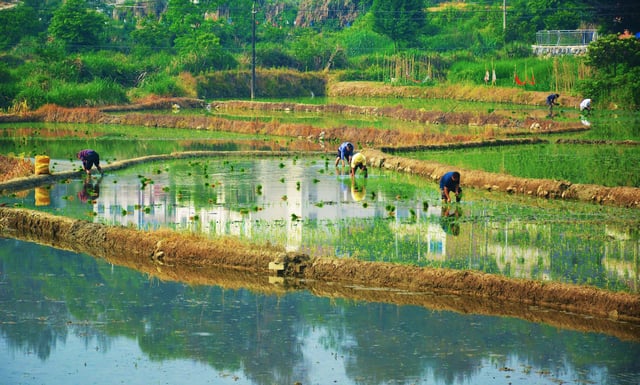Overview
- A decade-long study published in *The Lancet Planetary Health* links climate change to higher inorganic arsenic levels in rice, a staple food for millions in Asia.
- Researchers found that warming above 2°C and elevated CO₂ levels drive soil changes that increase arsenic absorption in rice grains.
- Projections for 2050 estimate a significant rise in cancer cases, with China facing the highest burden at 13.4 million arsenic-related cancers, particularly lung and bladder cancers.
- The study highlights additional risks, such as increased incidence of heart disease, diabetes, and developmental issues from chronic arsenic exposure.
- Mitigation strategies include developing arsenic-resistant rice strains, improving soil and processing practices, and launching public health education and monitoring initiatives.


